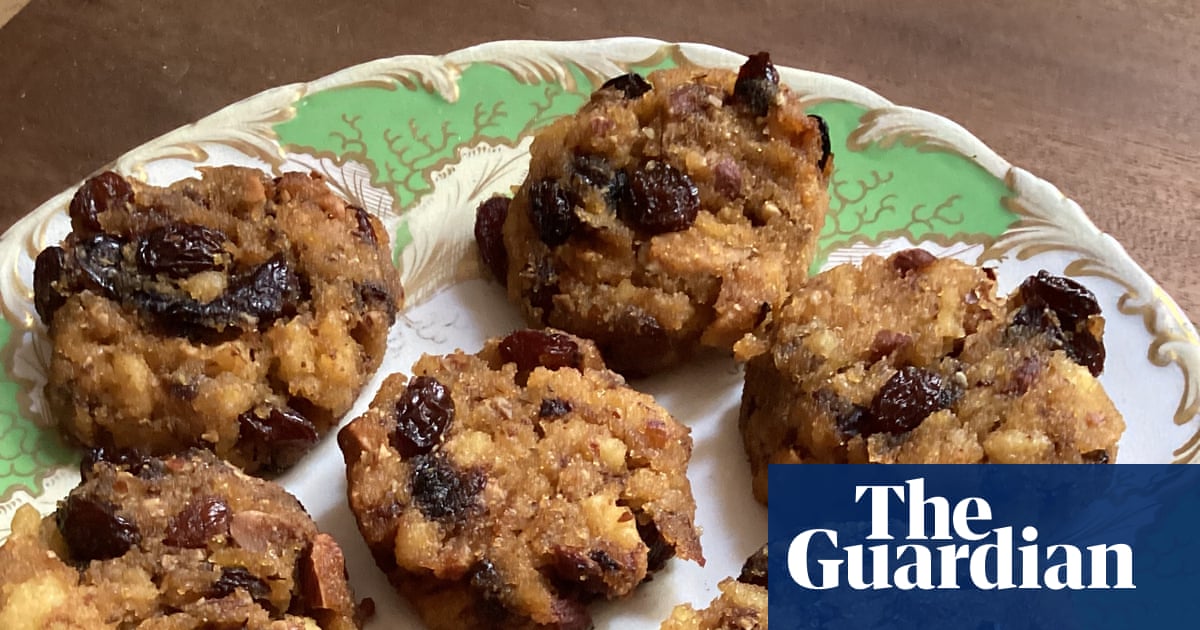
"This, then, was the situation: it was Friday night after a long week, and having met a friend on the way home for a glass of wine, which arrived with crisps, taralli, dry roasted peanuts and enough salt that we needed another glass, it seemed a good idea to go home and cook polenta the long-stir sort as opposed to the instant variety, although I always have that in the cupboard, too."
"coarsely ground, which will have glassy-looking grains and makes an excellent body scrub and a harder, tastier polenta. The latter also takes much longer to cook, anything from 40 minutes to several hours, depending on who (or which packet) you consult, although in my experience an hour is almost always enough, and anything beyond that is more a way of deepening the flavour."
Friday night, wine and salty snacks led to a decision to cook long-stir polenta rather than instant. Extra polenta was poured into a Pyrex to set into a block for slicing and grilling the next day. Polenta is an ancient, generic term for mushy cereal-flour dishes and became associated with ground maize in Europe in the 1600s. Ground maize for polenta comes finely or coarsely milled: fine yields soft, thin polenta; coarse yields glassy grains, a firmer, tastier result and can even be used as a body scrub. Coarse polenta takes much longer to cook, often around an hour in practice, and stirring can be constant or intermittent; butter was added and most was served with fried mushrooms.
Read at www.theguardian.com
Unable to calculate read time
Collection
[
|
...
]